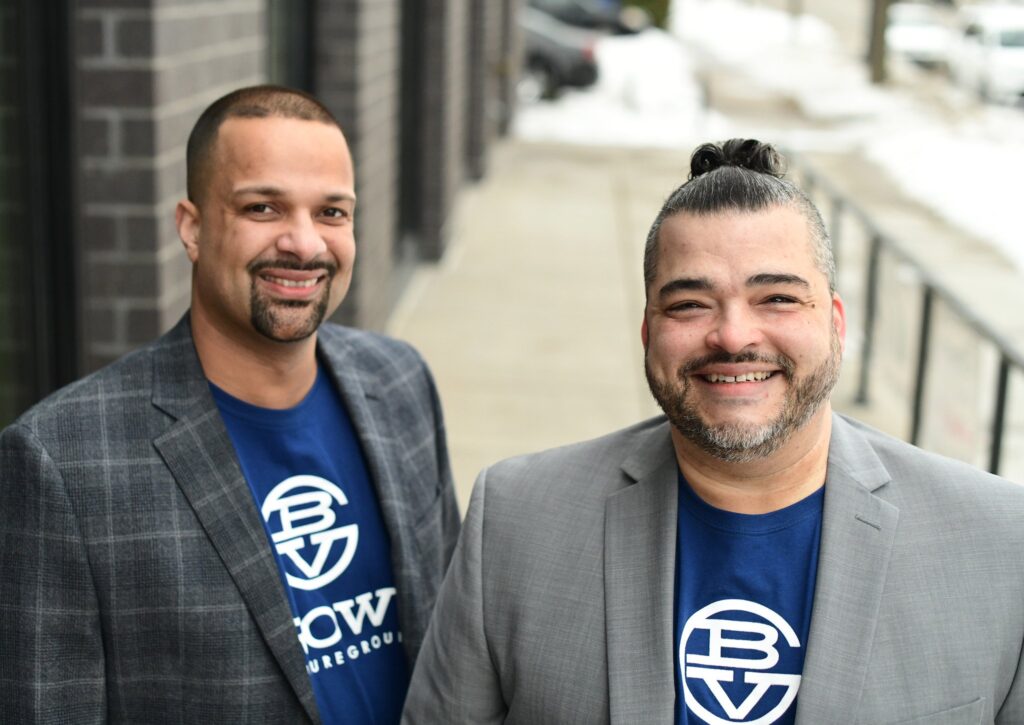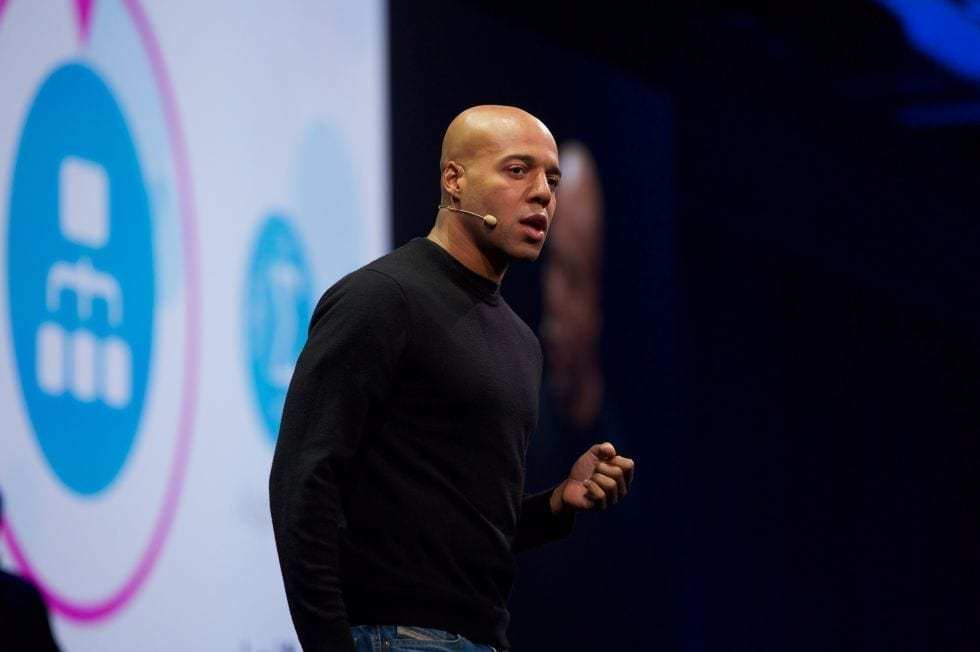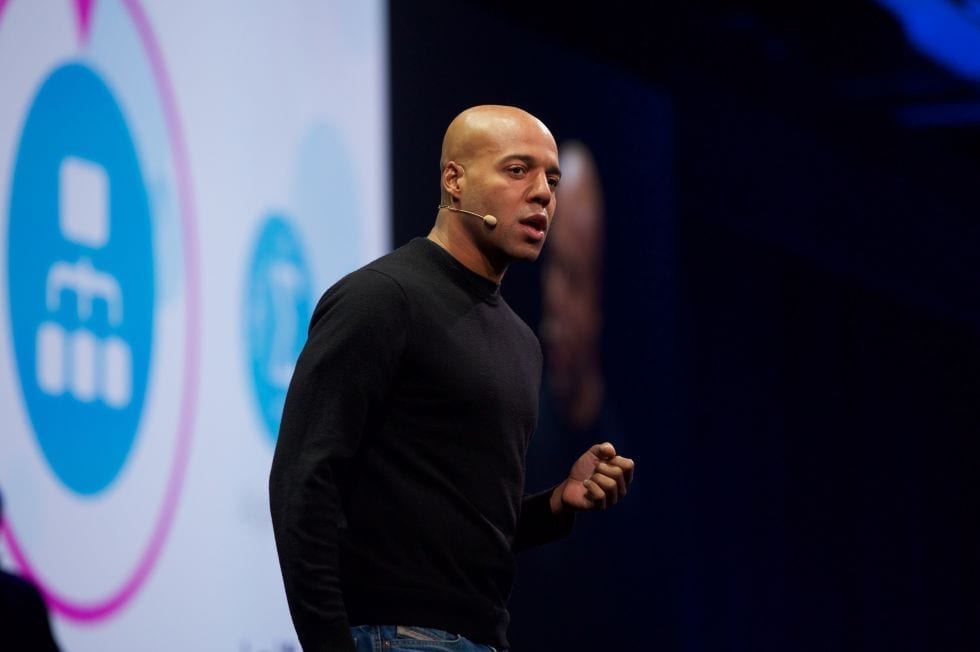Brown Venture Group is a Black owned VC firm and venture studio exclusively focused on Black, Latino, and Native American technology entrepreneurs.
The Minnesota-based firm provides technology founders of color with investment capital, training, and professional networks that assist in launching and scaling tech-based startups.
We caught up with Dr. Chris Brooks, co-founder and managing partner at Brown Venture Group.

Describe your path to becoming a venture capitalist.
My path to VC was an extremely improbable one. At age 16 I was charged with 3 felonies, including attempted murder.
My career has been most heavily in the nonprofit and education sectors. Two of my 3 degrees are Theology degrees. The thread woven throughout my life is a deep curiosity about and commitment to racial and economic justice.
These two things led me to co-found Brown Venture Group with Dr. Paul Campbell in 2018, and it is a perfect space for me to live out my passion and calling.
What are your thoughts on the state of today’s venture capital market?
VC has been a gated community for most of its history. Women and people of color have had little to no access to the industry, both as Executives of VC firms and as recipients of VC capital allocation.
This remains true today, but things are changing. Hundreds of new firms led by and focused on women and people of color have emerged over the last decade.
It is inevitable that a subgroup of these firms/funds will have great financial success, and the industry will be changed forever.
Your firm recently partnered with the Africa Chamber of Digital Commerce (ACOFDC). What inspired the collaboration and what do you hope to accomplish?
Africa has always had millions of remarkable entrepreneurs. Due to the long-term impact of European colonization of Sovereign African Nations, access to capital for (Black) African entrepreneurs mirrors the trends in the USA – it could be argued that it is exponentially worse on the African continent.
Currently, over 90% of VC investment on the continent is allocated to white entrepreneurs. Reflect on that. The partnership between Brown Venture Group and the African Chamber of Digital Commerce has 3 goals:
- Accelerate technology investments on the African Continent and within the African Diaspora globally
- Strengthen the relationships between African leaders and African-American leaders
- Scale a global, interdependent, Black tech economy.
Imagine what it would look like to give access to transformational capital to African entrepreneurs at scale. Imagine the results, both in terms of financial returns and in terms of global impact. This is our shared inspiration: a world where Africans own Africa.
What spurred your firm’s interest in African investments?
We understand that there are disproportionately great investment opportunities on the African Continent, in both existing technologies as well as emerging technologies.
Our interest stems from the dual purpose of financial returns and (positive) impact. We are just getting ourselves familiarized with the various nations and sectors.
Eventually, it is our intention to increase our investment activity in African entrepreneurs and tech companies.
You recently invested in a mining company located in Tanzania. Tell us about the significance of that deal.
Our first fund only invests in US-based companies. Our investment in Pula Group, the only American mineral exploration company operating in Tanzania, represents our strong commitment to investing for both returns + impact.
Pula Group aims to disrupt and redefine the African mining sector, which is currently dominated by extractive outside interests. We share deep values and vision related to the future of Black ownership.
What advice do you have for other fund managers?
It is critical to have a very well thought through investment thesis, as well as some concretized, deeply held core values. These 2 components will guide you internally while they simultaneously send signals to investors and to the broader market about who you are and your intentions.
Additionally, financial returns must always be prioritized above social impact. Both matter, but leading a fund includes an inherent ethical mandate to produce financial returns for the fund’s investors (limited partners).
Without those returns, the fund and/or the Firm is not sustainable long-term.
– Tony O. Lawson
Want to invest in Black founders? Please fill out this short form.















